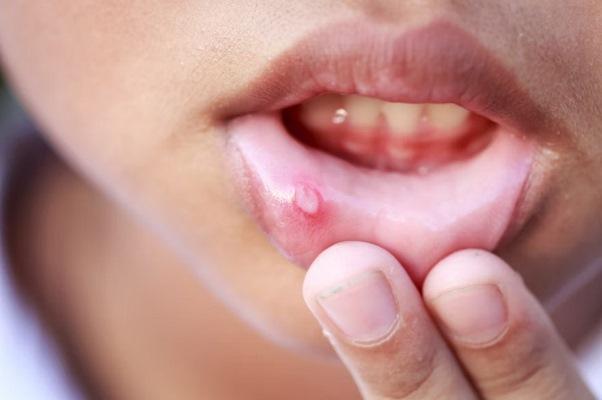Women's overall intake of dietary antioxidants, including vitamin C, may play a role in the development of recurrent aphthous stomatitis (RAS), which is more commonly known as canker sores, according to a study.
In addition, women who did not have recurrent ulcers consumed more zinc and less vitamin C, the authors wrote.

“If confirmed in further studies, the recommended diet with a high DAI (dietary antioxidant index) may be considered a protective factor against ASD,” write the authors, led by Dr. Maryam Gholamalizadeh of the Shahid Beheshti University of Medicine in Tehran, Iran.
The most common diseases affecting the mucous membrane of the mouth are canker sores. The National Library of Medicine of the National Institutes of Health estimates that about 1 in 10 people suffer from this disease, and ASD is more common in women than in men.
The exact cause of recurring canker sores is unknown, although possible causes include genetics, stress, hormonal changes, allergies, and immune system function. Although these sores often heal on their own and do not cause other problems, they are often painful.
To examine the association between the dietary antioxidant index (DAI) and the occurrence of recurrent oral ulcers, a cross-sectional study was conducted involving 144 women with ASD and 135 women without ulcers. A questionnaire was used to assess the content of vitamins A, C, E, as well as manganese, selenium and zinc in their diets. According to the results of the study, the DAI was used to measure the antioxidant capacity of their diets and a regression analysis was performed.
Regarding dietary antioxidant intake, women who did not have ASD had higher zinc intake (12.01 ± 4.14 vs. 10.94 ± 4.64 mg/day, p = 0.043) and lower vitamin C intake (182.29 ± 115.83 vs. 243.68 ± 193.28 mg/day, p = 0.003) compared to women who did have ASD.
Considering DAI scores, the mean dietary antioxidant index for vitamin C was significantly lower (-0.19 ± 0.72 vs. 0.2 ± 1.20, p = 0.003) and the mean zinc index was significantly higher (0.12 ± 0.94 vs. -0.12 ± 1.05, p = 0.043) in women without ulcer disease compared with those with ASD, the authors write.
However, the study had limitations. Due to the cross-sectional nature of the study, a causal relationship could not be established.
More research is needed, but “the present study showed a possible negative association between the risk of ASD and the DAI score as an indicator of the antioxidant potential of the diet,” Gholamalizadeh and colleagues write.
